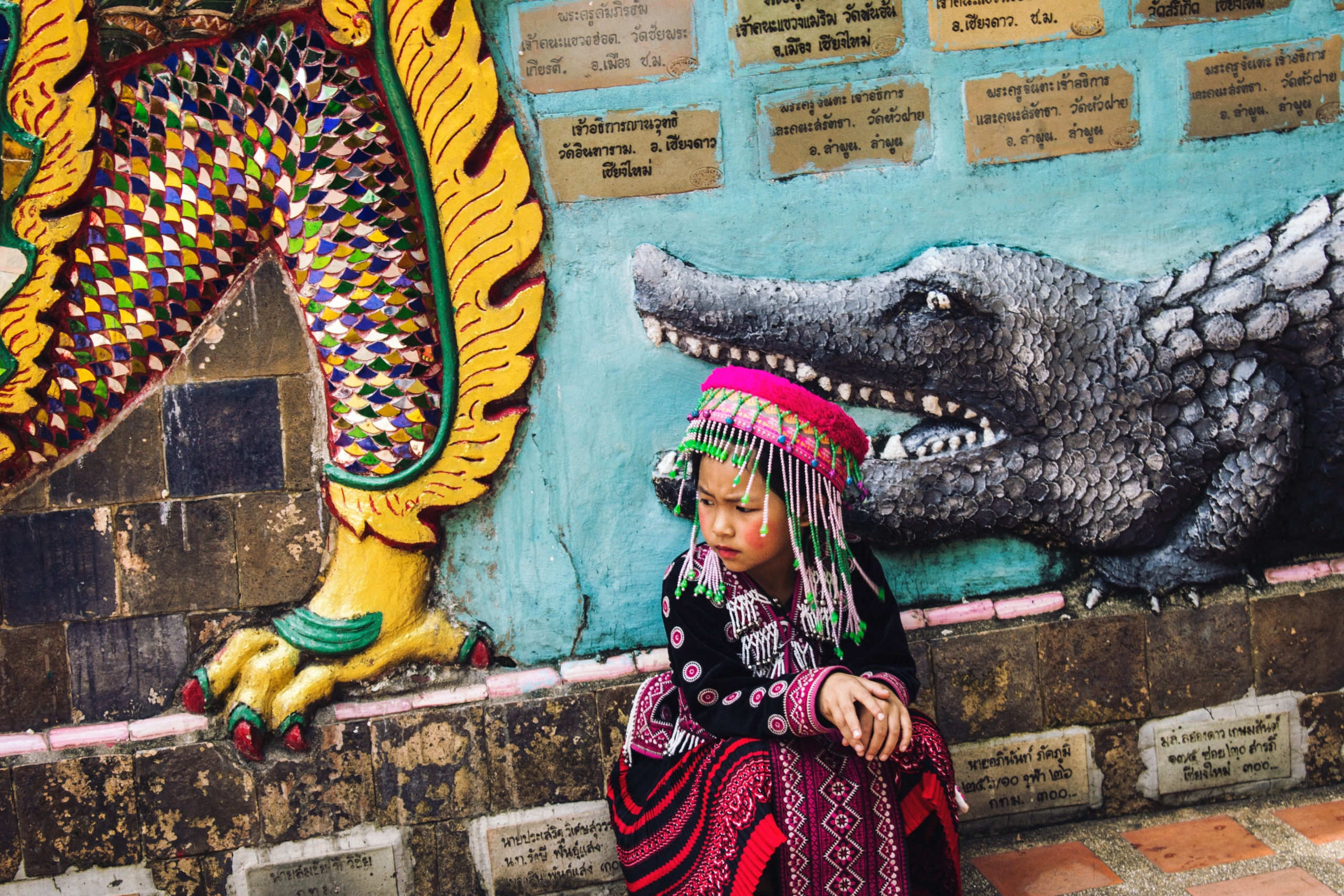Trafficking in Thailand’s Indigenous Communities
 The hill tribes of Thailand encompass ethnic minority groups residing in Northern Thailand. These indigenous communities face significant challenges in accessing social welfare programs. Some members of these tribes do not have citizenship, and this further intensifies poverty, limiting education and leading to inadequate employment opportunities. The deprived living conditions affecting indigenous communities make them vulnerable targets for traffickers seeking to exploit their circumstances. The initiatives of NGOs and community leaders aim to create sustainable solutions and combat trafficking in Thailand’s indigenous communities.
The hill tribes of Thailand encompass ethnic minority groups residing in Northern Thailand. These indigenous communities face significant challenges in accessing social welfare programs. Some members of these tribes do not have citizenship, and this further intensifies poverty, limiting education and leading to inadequate employment opportunities. The deprived living conditions affecting indigenous communities make them vulnerable targets for traffickers seeking to exploit their circumstances. The initiatives of NGOs and community leaders aim to create sustainable solutions and combat trafficking in Thailand’s indigenous communities.
Poverty
The high poverty rates among Thai rural indigenous communities create a vulnerable environment for child trafficking to thrive. The 2017 Safe Child Thailand Report concluded that 64% of the hill tribe families in Mae Hong Son province live below the poverty line, earning less than $2 a day. Among them, 23% live in extreme poverty, earning less than $1 a day.
The combination of poverty and the struggle to provide for their families makes the hill tribe communities particularly susceptible to the manipulations of child and sex traffickers and brokers. Traffickers and brokers entice children from these tribes with promises of higher wages and improved living conditions, exploiting their vulnerability and desperation to escape poverty. In some cases, traffickers convince families from the hill tribes to sell their children, convincing them that doing so will provide them with a brighter future.
Limited Education
Limited access to education heightens vulnerability to child trafficking in Thailand’s indigenous communities. According to the 2017 Safe Child Thailand Report, only 51% of hill tribe children enroll in primary school — significantly lower than the national average of 87%. The situation worsens at the secondary level, with only 35.6% of boys and 29% of girls continuing their education. Consequently, 25% of hill tribe people are functionally illiterate, compared to a national average of just 2%.
The Istituto Internazionale Maria Ausiliatrice and the International Volunteerism Organization for Women, Education and Development name poverty as the primary driver pushing children into prostitution and forced labor. Children from indigenous communities in northern Thailand, often lacking Thai citizenship and facing limited opportunities for schooling, are compelled to work at a young age, making them prime targets for child trafficking.
Lack of Employment Opportunities
The restricted movement imposed by current legislation on hill tribe people in Thailand contributes to their vulnerability to trafficking and exploitation. Many individuals within hill tribe communities lack basic identification and official documentation, hindering their ability to travel outside their home areas and seek better work opportunities.
Due to the limited freedom of movement, hill tribe populations often require assistance or guidance to feel more secure when leaving their areas. Brokers offer to facilitate the illegal movement, smuggling and trafficking of Thai indigenous men, women and children. Brokers take advantage of the desperate circumstances and restricted mobility of hill tribe individuals and exploit them through trafficking and forced labor.
UNESCO recognizes statelessness as a significant risk factor for the hill tribe people to be trafficked and exploited. They cannot obtain certificates that validate their educational qualifications, acquire land titles or secure legitimate employment outside their immediate communities. As a result, sex and child traffickers hoodwink members of the hill tribes into exploitative informal labor arrangements.
Civil Society Organizations
Civil society organizations are taking action to address the lack of legal protections and social welfare support for Thailand’s hill tribes.
For example, the Green Horizon Project (GHP), launched by Plan International and GE Thailand, provides vocational and entrepreneurial training to women, empowering them with skills for starting businesses. GE Thailand volunteers support local schools and students, repairing infrastructure and donating supplies. From repairing school playgrounds and fences to school supply donations, these initiatives reflect the positive changes in the lives of hill tribe people in Thailand, providing them with more opportunities and options for a better future.
Moreover, the Karen Hilltribes Trust (KHT) focuses on improving health and well-being through projects such as water and sanitation initiatives, agricultural support and education access for rural Karen children. KHT ensures that children staying in school dormitories receive three nutritious meals daily, fostering their educational development.
The work of community non-profit organizations is actively addressing these issues and fostering sustainable development. Overall, these efforts aim to empower hill tribe members, provide them with better opportunities and raise awareness about their rights and well-being.
– Freya Ngo
Photo: Unsplash
